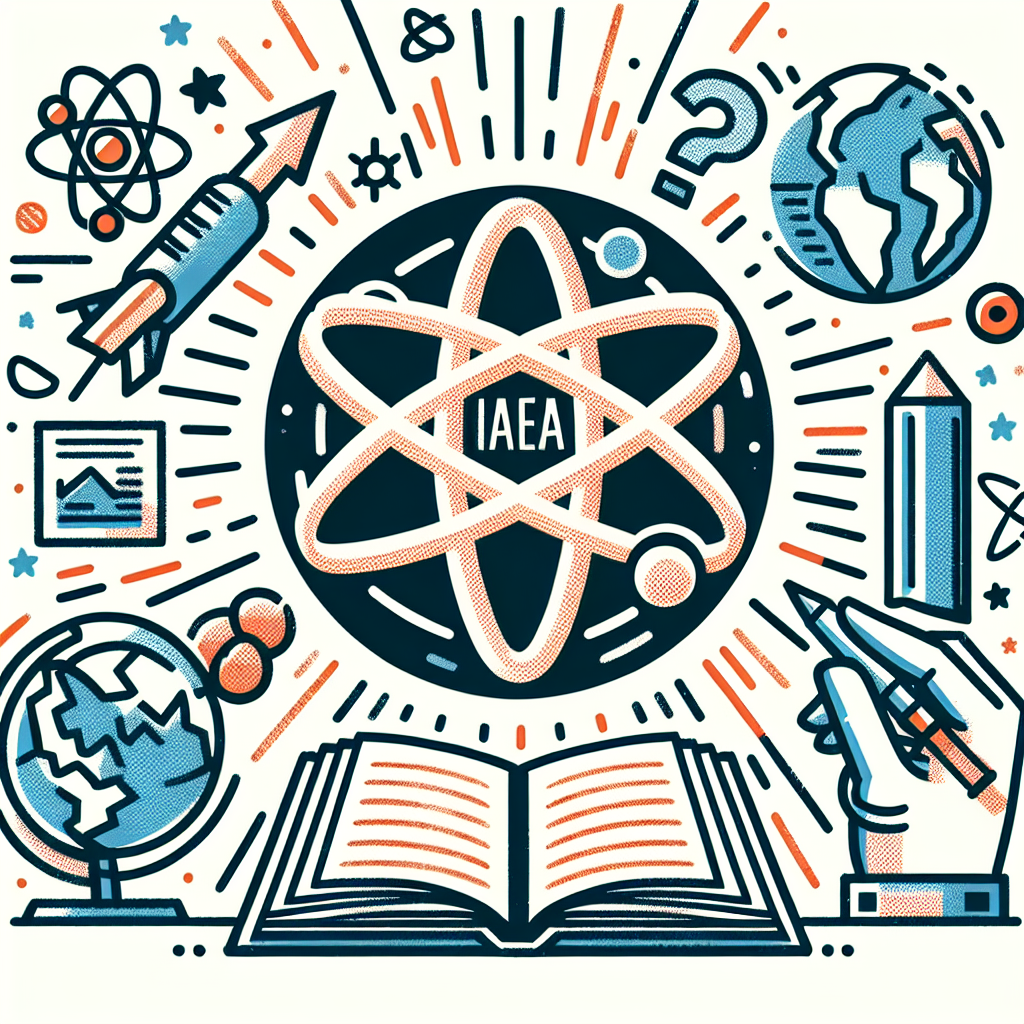Nuclear Tensions: The IAEA and Iran's Diplomatic Dilemma
The International Atomic Energy Agency (IAEA) remains at the center of global attention as Western nations plan to censure Iran for noncompliance. This could lead to a 'snapback' of UN sanctions, reviving tensions in the Middle East. The IAEA's inspections and monitoring are crucial in negotiations over Iran's nuclear ambitions.

- Country:
- Austria
The International Atomic Energy Agency's (IAEA) involvement in Iran's nuclear programme remains pivotal, as potential agreements between Tehran and the United States would require the trusted oversight of the United Nations' nuclear watchdog. This week, Western powers aim to censure Iran at the IAEA's Board of Governors for noncompliance with nuclear inspections. Such actions could escalate the issue to the UN Security Council.
If no agreement is reached with Washington, Iran risks facing a 'snapback' of all UN sanctions previously lifted under its 2015 nuclear deal, should a Western nation declare Iran's noncompliance. This situation sets the stage for renewed conflict in the Middle East, already volatile due to Israel's ongoing conflict with Hamas.
The IAEA, founded in 1957 following a proposal by US President Dwight D Eisenhower, monitors global nuclear stockpiles, ensuring their peaceful use. Recent years have seen Iran reduce IAEA cooperation, limiting inspections and camera access, as tensions simmer over its nuclear capabilities. The outcome of negotiations remains uncertain, with significant implications for regional stability.
(With inputs from agencies.)
- READ MORE ON:
- IAEA
- Iran
- United States
- nuclear
- Tehran
- snapback
- sanctions
- Middle East
- Israel
- UN Security Council
ALSO READ
Iran Awaits U.S. Shift on Sanctions for Nuclear Deal
Tehran Rejects US Nuclear Proposal Amid Ongoing Tensions
Iran-U.S. Nuclear Negotiation Standoff: Sanctions Remain a Key Issue
UN, Iran, Egypt meet in Cairo to discuss Tehran's nuclear programme
UPDATE 1-Panama removes over 650 ships from registry amid sanctions, stricter rules










